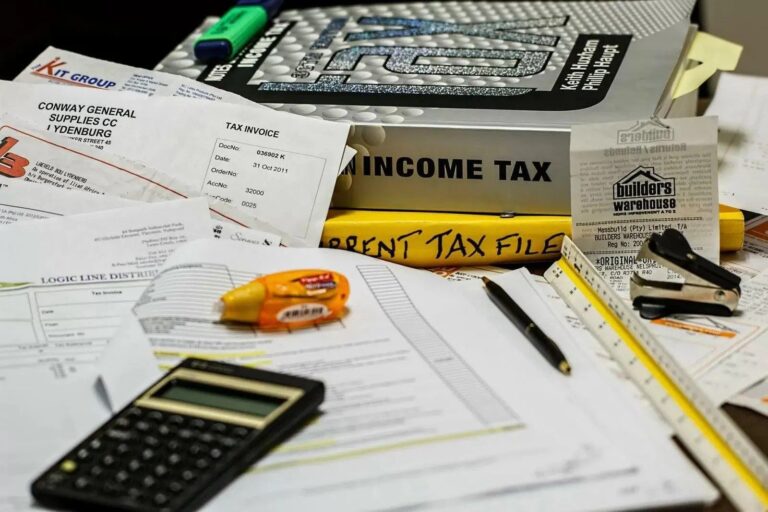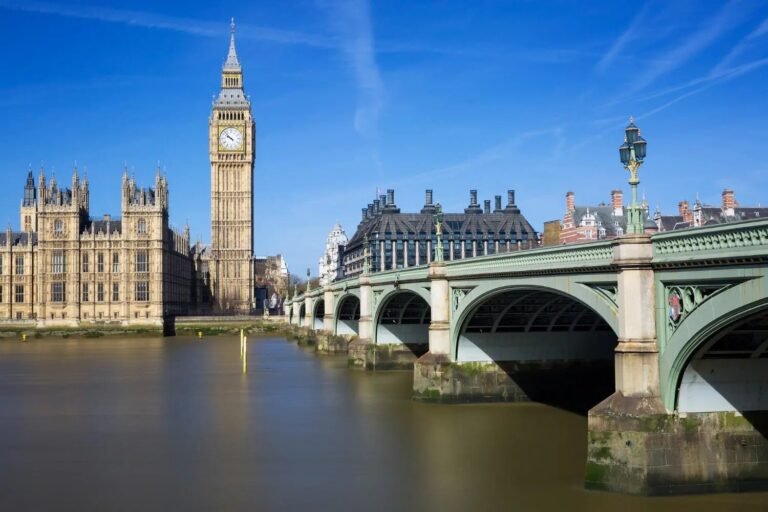In the complex realm of Value Added Tax (VAT), the application of special schemes and rules can lead to intricate legal disputes. One such case involves Sonder, a company providing accommodation services to travellers. The central question revolves around whether Sonder’s supplies fall within the scope of the Tour Operators’ Margin Scheme (TOMS), a special VAT scheme for travel services.
This article presents a comprehensive analysis of the case, highlighting the arguments presented by both parties and the court’s ultimate decision. This case will have a significant impact on the VAT treatment for the services provided from popular platforms like Airbnb, Booking.com, etc.
Background of the Case
The case of Sonder Europe Limited (Sonder) centres on the nature of its supplies and whether it should be classified as a tour operator under TOMS.
Sonder provided self-catering accommodation which were a mix of: furnished and unfurnished, in nature. They started trading from 2017 with 40 apartments provided by third party landlords.

Sonder purchased accommodation from landlords and then sublet it, to the travellers. The main issue was whether this arrangement should be subject to VAT under TOMS or whether it fell under normal VAT scheme.
Arguments of Mr. Bremner (Representing Sonder)
Mr. Bremner, representing Sonder, argued that the company should be considered a tour operator under TOMS. He contended that Sonder’s activities were indistinguishable from those of other tour operators in previous cases, such as Van Ginkel and Alpenchalets.
Just like them, Sonder bought accommodation from landlords and provided it to travellers which, during the relevant period was ‘stayed on’, for an average of five nights. Therefore, Sonder’s supplies should fall within the scope of Tour Operators’ Margin Scheme (TOMS).
Mr. Bremner further submitted that the Court of Justice of the European Union (CJEU) in Alpenchalets made no mention of the specific nature or terms of the accommodation supplied to Alpenchalets. Sonder’s business model closely resembled that of Alpenchalets, and therefore, it should be treated similarly for VAT purposes.
Arguments of Mr. Macnab (Representing HMRC)
On the other hand, Mr. Macnab, representing HMRC, acknowledged that if Sonder acquired bought-in holiday accommodation and met other conditions of TOMS, it would be covered by the scheme.
However, HMRC’s case was that renting exempt residential accommodation and subletting it to the travellers did not fall within TOMS. HMRC argued that the supply by the landlord was an exempt supply of land for residential purposes, while Sonder’s supply was subject to VAT.
Mr. Macnab contended that the supply of accommodation by the landlord was not on-supplied by Sonder or, if it was, it was materially altered or processed when it changed from an exempt supply of land to a supply of accommodation subject to VAT.

He argued that Sonder’s use of the leased apartments for short-term accommodation transformed the landlord’s supply from: one of exempt land for residential occupation, to a standard-rated supply of hotel accommodation.
Crucial Points of Contention
The core issue in the case was whether Sonder’s supplies should be considered within the TOMS framework. The judge had to determine whether the bought-in accommodation constituted as: holiday or hotel accommodation and if the changes made by Sonder to the apartments amounted to material alteration or further processing.
The judge disagreed with Mr. Macnab’s argument and concluded that Sonder was a tour operator for the purposes of TOMS during the relevant period. The judge’s reasoning was based on the fact that Sonder provided temporary accommodation for travellers, and the apartments were supplied without material alteration or further processing.

The judge emphasised that the nature or characteristics for VAT purposes of the goods and services supplied by third parties (landlords) do not determine whether onward supplies fall within TOMS. The focus should be on whether the goods or services are provided for the benefit of travellers and without material alteration or processing.
Crucially, the judge clarified that “material alteration or further processing” must refer to more than minor changes that do not affect the fundamental character of the goods or services. Any changes should not transform the original supplies into fundamentally different products or services.
Court’s Decision and Analysis
The judge rejected the idea that a supply of holiday accommodation under TOMS must involve the direct acquisition of holiday accommodation from third-party providers. Instead, the judge interpreted TOMS as allowing tour operators to provide services comparable to those of traditional travel agents or tour operators.
Sonder’s business model of acquiring accommodation from landlords and providing it to travellers aligned with the essence of TOMS. The judge relied on the CJEU’s decisions in Van Ginkel and Alpenchalets to support Sonder’s position.
Although those cases dealt with holiday accommodation supplies, the fundamental principle of TOMS remained relevant: the VAT treatment of supplies depended on whether they were provided for the benefit of travellers and without material alteration or further processing.

Furthermore, the judge held that the nature of the changes made by Sonder to the apartments, such as furnishing and cosmetic adjustments, did not amount to material alteration or further processing.
These changes were reversible and did not fundamentally change the character of the apartments supplied by the landlords. In case of the unfurnished apartments, Sonder additionally acquired the furnishing which were needed to enable it to provide the apartment to the traveller.
The nature of the changes that were made were such as they could be reversed simply by removing the items of furniture or re-painting a wall.
Conclusion to the Case
The case of Sonder highlights the intricacies involved in determining the VAT treatment of tour operator services under TOMS. While HMRC argued that Sonder’s supplies did not fall within the scheme, the court ruled in favour of Sonder, classifying it as a tour operator under TOMS.
This decision clarifies that the nature of goods and services supplied by third parties to a tour operator does not determine whether onward supplies fall within TOMS.
Instead, the key factors are whether the goods or services are provided for the benefit of travellers and whether there is any material alteration or further processing.

The case of Sonder serves as a significant precedent, shedding light on the application of VAT rules in the travel and accommodation industry. It underlines the importance of understanding the intricacies of VAT schemes and seeking expert legal advice to navigate the complexities of VAT compliance for businesses operating in the travel sector.
This ruling offers clarity to tour operators, HMRC, and the broader travel industry on the application of TOMS and the VAT treatment of similar supplies. It emphasises the need for a comprehensive understanding of VAT regulations to ensure compliance and avoid potential legal challenges.
As businesses continue to evolve and new business models emerge, such legal precedents play a pivotal role in shaping the interpretation and application of VAT laws in the future.
Update: 8 September 2023
“This decision has been appealed by HMRC to the Upper Tier VAT Tribunal. A year is likely to pass before we learn the outcome. In the meantime, businesses can continue to use TOMS, but if HMRC wins, VAT returns will need to be recalculated using standard VAT rules.”









